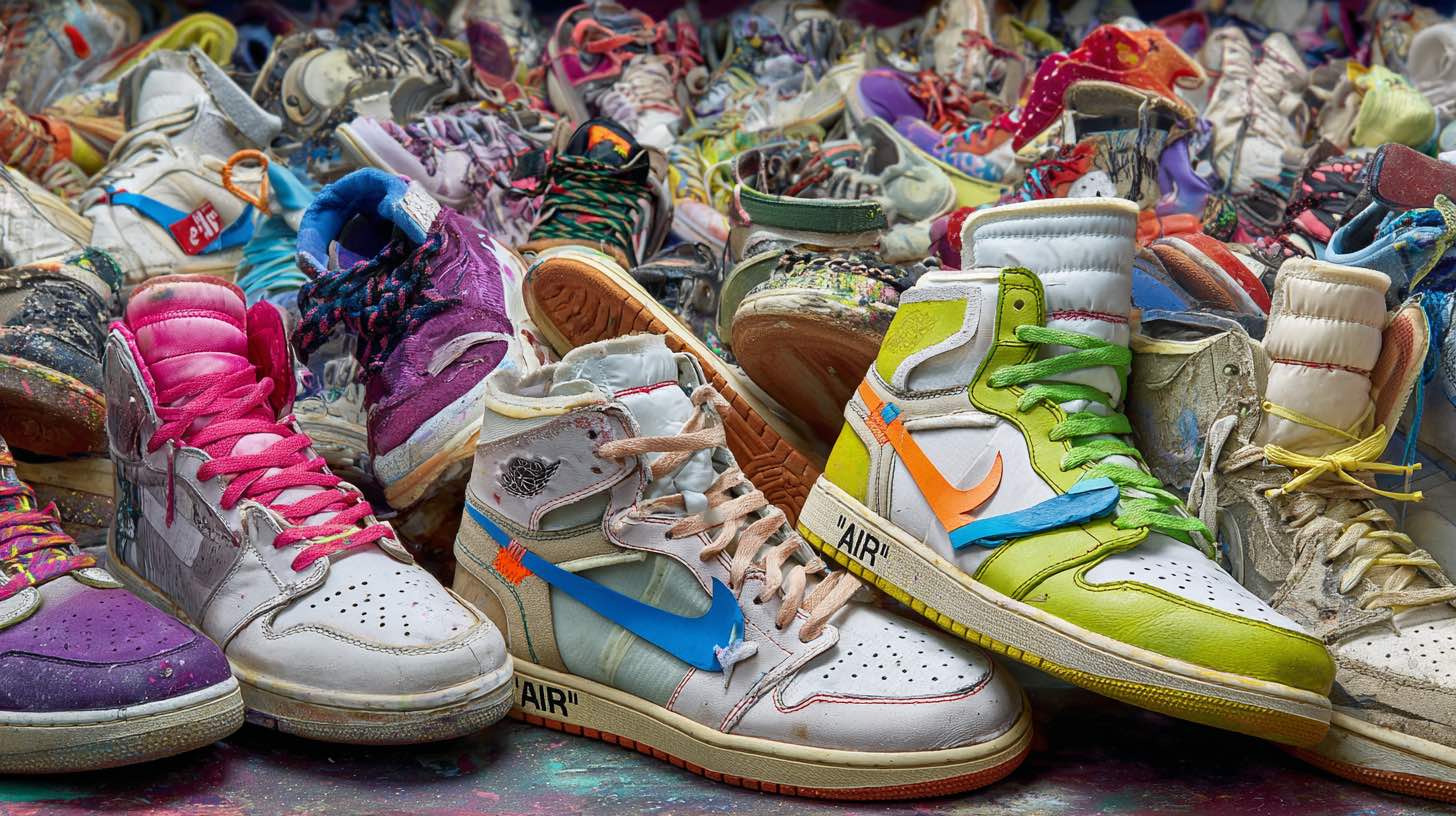A recent High Court ruling in Trinidad and Tobago has put the spotlight on counterfeit products and the risks they pose for both businesses and consumers.
The Honourable Mr. Justice Frank Seepersad gave a clear warning to importers and retailers: if a deal looks too good to be true, it probably is. In this case, thousands of slippers branded as “Nike” and “Puma” were brought into the country for only US $8.00 to $9.00 per pair. The judge noted that such prices “do not accord with commercial reality.” The goods were declared counterfeit, liability was admitted, and the court ordered their destruction.
What does counterfeit mean?
Counterfeit goods are simply fakes. They are made to look like genuine branded products but are not authorised by the trademark owner. Clothing, shoes, handbags, electronics, and perfumes are some of the most common examples.
These products are designed to trick consumers into believing they are buying the real thing. They often copy a company’s logo, label, or packaging without permission. While they may look convincing, counterfeit goods are usually poor quality, sometimes unsafe, and always misleading.
What is a trademark?
A trademark is a sign such as a logo, brand name, or slogan that helps consumers identify the goods or services of one business and distinguish them from another. Well-known examples include the Nike “swoosh,” the Puma cat, or the phrase “Just Do It.”
Closer to home, trademarks like ‘Angostura’ or ‘Crix’ biscuits immediately tell us what we are buying. These marks signal consistent quality and origin. When a trademark is misused on counterfeit goods, consumer trust is undermined and the reputation of the genuine brand is harmed.
How the law addresses counterfeits
The Trade Marks Act Chap. 82:81 is the main law that deals with counterfeit goods. It allows the courts to order that fake goods be seized and destroyed. It also gives trademark owners the right to file objections with the Customs and Excise Division to stop counterfeit items from entering the country. These measures protect not just large global brands but also consumers and honest local businesses.
Why is this important?
Some people think buying counterfeit goods is just getting a bargain. But fake items are often poor quality, unsafe, and a waste of money. Counterfeit pharmaceuticals, for example, can be dangerous to a person’s health.
Counterfeit products also erode trust in the market and put law-abiding businesses at an unfair disadvantage. For companies, the risks are even greater. Importing counterfeit goods can lead to the loss of stock, financial penalties, legal action, and long-lasting reputational damage.
This ruling is a reminder to both consumers and importers to stay vigilant. Trademark law exists to protect fairness, quality, and trust in the marketplace. Counterfeit goods undermine all three. The lesson is simple: if the price looks too good to be true, it usually is.
This post was created with the assistance of artificial intelligence (AI) and has been thoroughly reviewed for accuracy and includes original content from the author. While AI can offer general information, it is important not to rely on it for legal advice.




